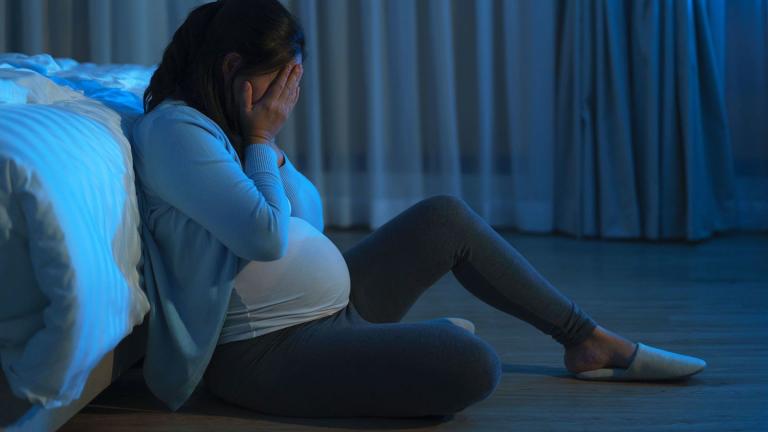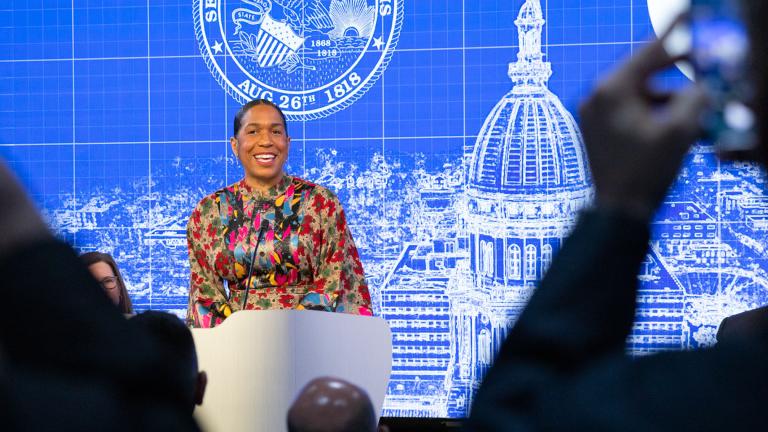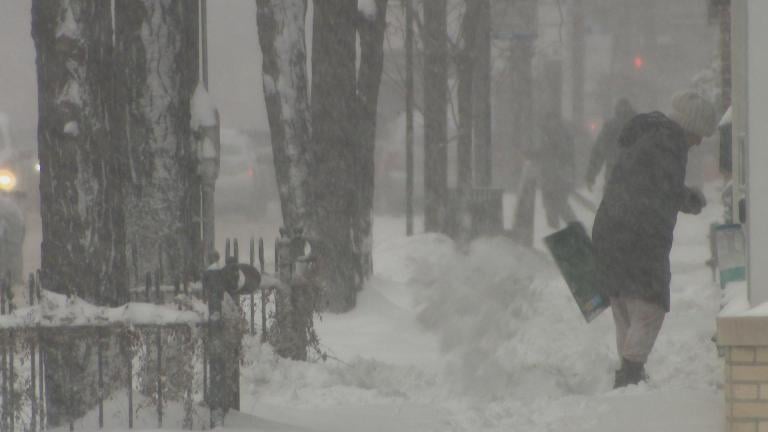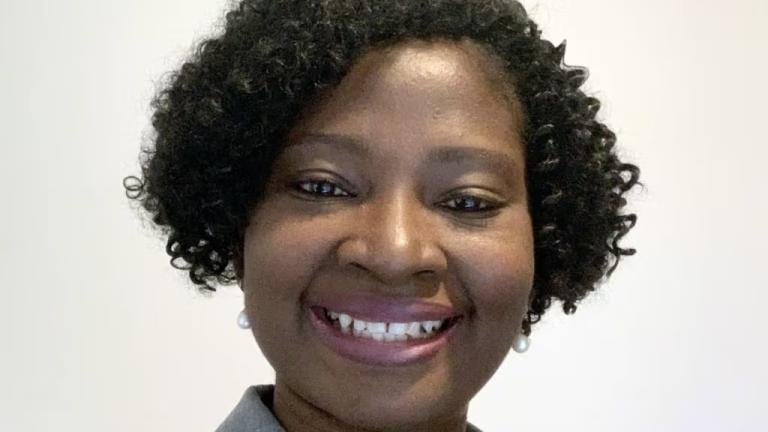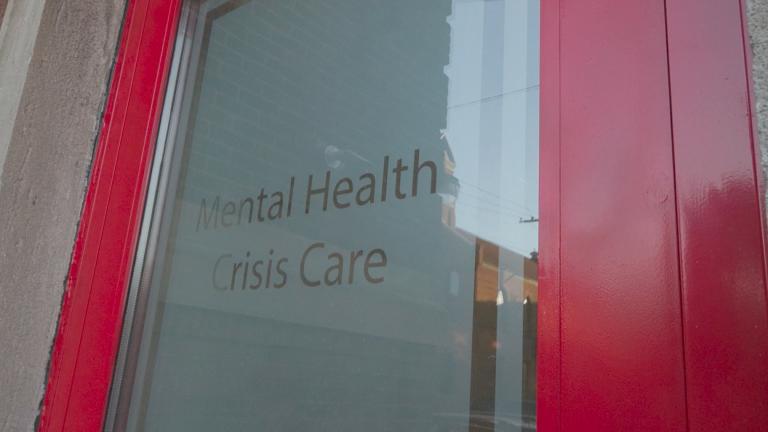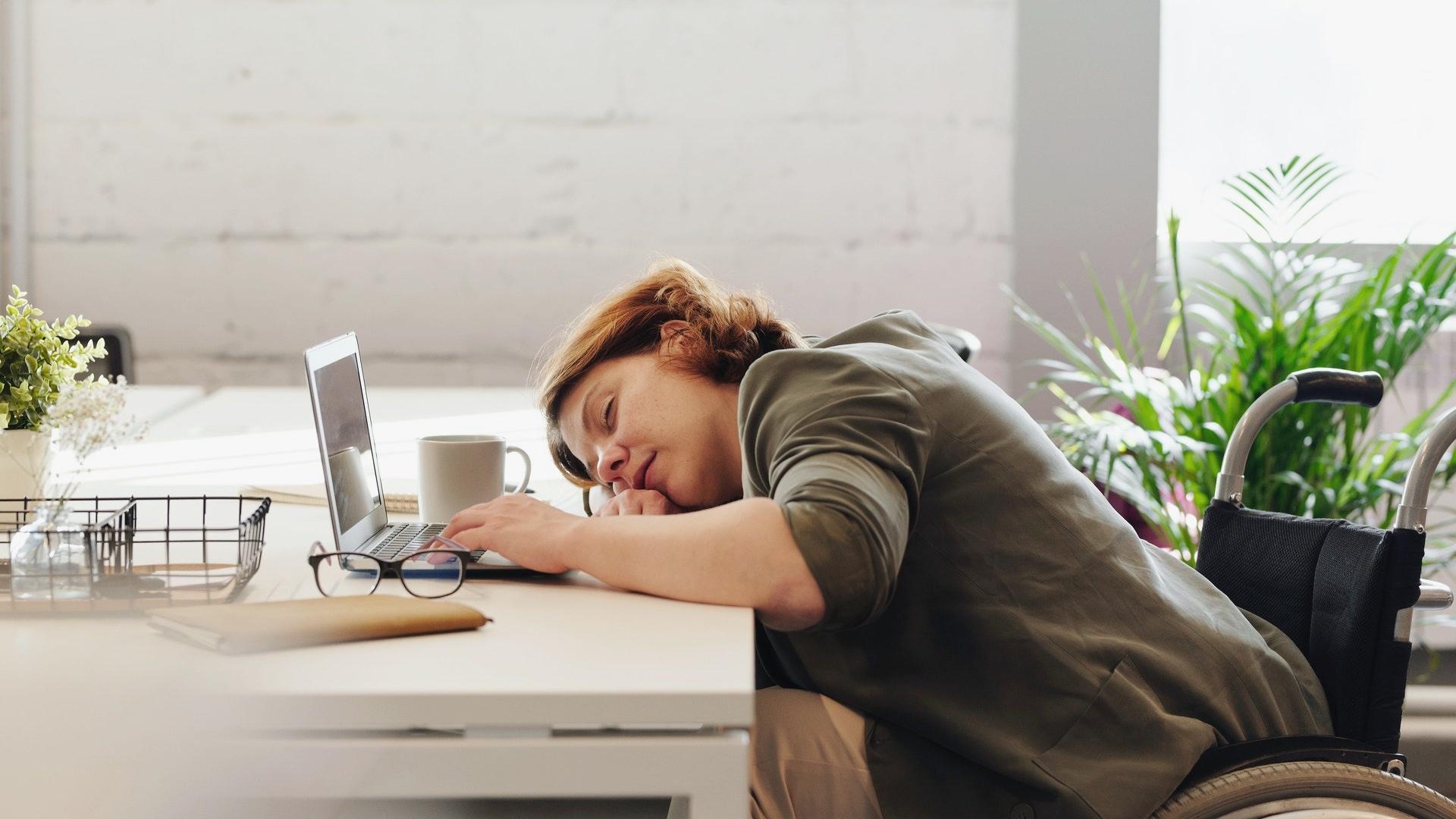 Springing forward, versus falling back to standard time in November, typically results in lost sleep. (Marcus Aurelius / Pexels)
Springing forward, versus falling back to standard time in November, typically results in lost sleep. (Marcus Aurelius / Pexels)
Prepare for people to be a little crankier on Monday.
The annual shift to daylight saving time happens this weekend, with clocks jumping forward an hour at 2 a.m. Sunday. While loads of digital devices make the switch automatically, the process of resetting biological clocks is still a chore.
Springing forward, versus falling back to standard time in November, typically results in lost sleep, the negative effects of which can linger for a week or longer, researchers say.
According to the Sleep Research Society, alertness, mood, well-being, work and school performance, traffic safety and health all suffer in the days following the change to daylight saving in a way that they don’t in the fall. Studies have shown that on the Monday after springing forward, automobile accidents increase 10%, a spike not seen in November.
In recent years, the clamor to put an end to the twice-yearly time changes has grown louder. What’s the point of the practice anyway, people wonder.
There’s plenty of precedent for nixing daylight saving time; it’s been on and off in the United States since the early 1900s. On during WWI, off in 1919. Back on during WWII, then back off again when the conflict came to an end. States made their own rules for a while, and confusion reigned until the Uniform Time Act was passed in 1966.
When it comes to scrapping the current system, the main sticking point is whether to settle on year-round standard time or year-round daylight saving. Proponents of the latter option point to increased daylight in the evenings, allowing for recreation and other leisure activities. Fans of standard time, including a number of scientists, argue that exposure to sunlight in the morning helps maintain a synchronized biological clock.
Neither solution fixes what makes springing forward so miserable in the first place.
In an interview with the Harvard Gazette, Jeanne Duffy, an associate professor of medicine at Harvard Medical School and a sleep researcher at Brigham and Women’s Hospital, explained why the switch to daylight saving time wreaks such havoc.
“The problem is that we as a society are so sleep-deprived that when we lose that additional hour of sleep, it really throws us,” Duffy said. “People are kind of at their limit in terms of chronic sleep deprivation, and that extra hour of lost sleep flips them over the limit.”
Instead of asking, “Why do we have to spring forward?” people should be asking, “Why are we always so tired?” Instead of arguing over standard or daylight saving time, think about just starting our days later, sleep researchers say.
In the research paper “The Biological Clock, Sleep, and the Debate about Daylight Saving Time,” scientists at Washington State University note: “The time at which most people have to report to work or school is a choice made by society, which has been driven by an unproven belief that getting up early is good for productivity, health, and well-being. Starting the day a little later can be beneficial, as has been shown by recent delays in school start times in parts of the country, as well as increased flexibility in work hours due to the COVID-19 pandemic.”
Changing a centuries-old “early bird gets the worm” mindset is undoubtedly an even bigger lift than changing a decades-old Time Act. Meanwhile, the clock still springs forward Sunday.
Harvard’s Duffy advises: “Drink an extra cup of coffee.”
Contact Patty Wetli: @pattywetli | (773) 509-5623 | [email protected]


